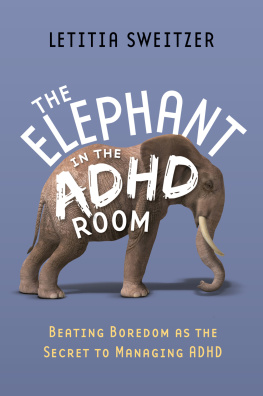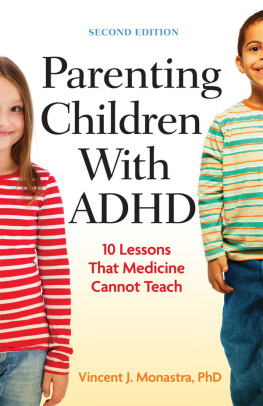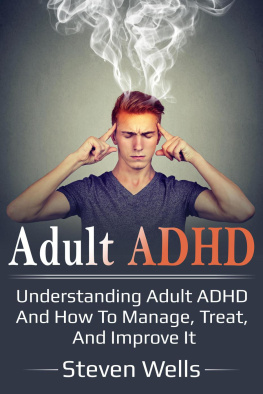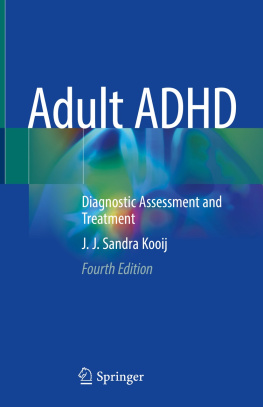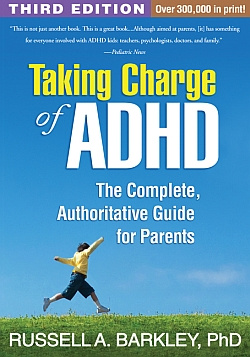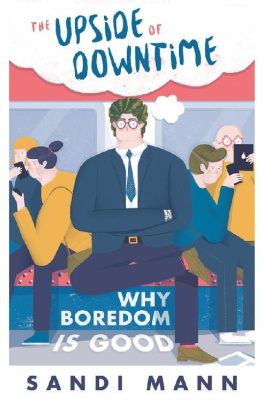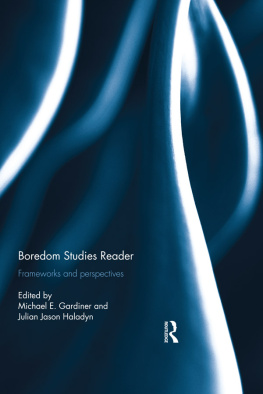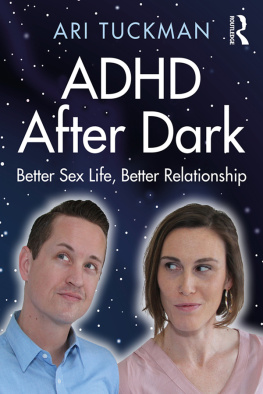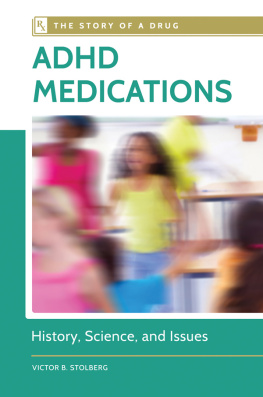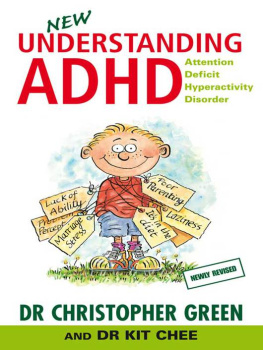First published in 2014
by Jessica Kingsley Publishers
73 Collier Street
London N1 9BE, UK
and
400 Market Street, Suite 400
Philadelphia, PA 19106, USA
www.jkp.com
Copyright Letitia Sweitzer 2014
All rights reserved. No part of this publication may be reproduced in any material form (including photocopying or storing it in any medium by electronic means and whether or not transiently or incidentally to some other use of this publication) without the written permission of the copyright owner except in accordance with the provisions of the Copyright, Designs and Patents Act 1988 or under the terms of a licence issued by the Copyright Licensing Agency Ltd, Saffron House, 610 Kirby Street, London EC1N 8TS. Applications for the copyright owners written permission to reproduce any part of this publication should be addressed to the publisher.
Warning: The doing of an unauthorised act in relation to a copyright work may result in both a civil claim for damages and criminal prosecution.
Library of Congress Cataloging in Publication Data
A CIP catalog record for this book is available from the Library of Congress
British Library Cataloguing in Publication Data
A CIP catalogue record for this book is available from the British Library
ISBN 978 1 84905 965 7
eISBN 978 0 85700 910 4
To Lyndon D. Waugh, M.D., whose concept
of the central role of boredom in ADHD led
me to write this book, in gratitude for his
personal and professional encouragement.
DISCLAIMER
This book is based on the authors experience with individuals with and without a diagnosis of ADHD. Some of the individuals in this book have been given fictitious names and identifying details to protect their privacy. The material in this book is intended to provide helpful information and awareness of the roles of interest and boredom in general and ADHD in particular. The book is solely the opinion of the author based on her interpretation of sources listed, interviews, and personal experience.
The book serves only as a supplement to, not a substitute for the thorough and professional care of a licensed physician, psychologist, therapist, or psychiatrist. It is not meant to be used, nor should it be used, to diagnose or treat any medical condition. Neither the author nor the publisher is liable for any damages or negative consequences from any treatment, action, or application to any person reading or following the information in this book.
References are provided for informational purposes only and do not constitute endorsement of any websites or other sources. Readers should be aware that the websites listed in this book may change.
The Elephant in
the ADHD Room
SUBJECT INDEX
acclaim as Element of Interest
accommodations in school
achievement as Element of Interest
acting skills
action as Element of Interest
adding other interests
exercise as treatment
activities, aspects of
ADD Coach Academy (ADDCA)
addiction and boredom
and ADHD
finding rehabilitation motivations
relapse and recovery
and sobriety
using and abusing
ADHD
and addiction
in adulthood
and attention
evolutionary perspectives
and exercise
information and books
medication use
and multitasking
prevalence
talking about disorder
adrenaline see epinephrine
adulthood and ADHD
dealing with boredom
developing an expertise
encouraging learning
later years
midlife experiences
personal relations
work experiences and freedom
advocacy
in schools
with teenagers
affiliation as Element of Interest
age differences and Elements of Interest
infants
toddlers
preschool children
elementary school children
middle school children
high school teen years
adulthood
alcohol use
early signs
see also addiction and boredom
All Dogs Have ADHD (Hoopermann)
applause see acclaim as Element of Interest
apprenticeships
art classes
attention
and flow
and focus
and hyperfocus
and multitasking
see also boredom
autotelic experience
Baker, Mary
baseball
Bateman, Chris
board games
books for children and families
Boredom: The Literary History of a State of Mind (Spacks 1995)
boredom
avoidance behaviors and strategies
costs and consequences of
engaging with
and ill health
judgmental attitudes towards
learning to acknowledge
natural methods to avoid
neurobiology of
and stress
Boreout! (Rothlin and Werder)
boring activities
developing expertise
strategies to make interesting
boundaries, teaching concepts of
BrainHex test
Branson, Sir Richard
Brantingham, Elyse
Briggs, Harry
cardboard boxes
career options
choosing jobs
making plans
universities and colleges
Carville, James
Celebrate Calm (Martin)
challenges, achieving balance
charm behaviors
childhood pastimes and interests
adult legacies
children
identifying favorite pastimes
identifying joy feelings
natural ways of avoiding boredom
working with
infants
toddlers
elementary school years
middle school years
choirs
chores, strategies to make interesting
cognitive behavioral therapies
colleges and universities
competition
computers
concentration skills see focus
conflicts
control as Element of Interest
cooking
creative play
creativity
credit see achievement and mastery as Elements of Interest
crime, associations and ADHD
cue-mediated relapses
curiosity
genetic basis of
neurobiology of
daydreaming
digressions
directions
disabilities, overcoming obstacles
dogs for therapy
dolls
dopamine
and boredom
genetic control
and intense focus
and multitasking
and music
and selection mechanisms
under-activation of
dough kneading
drugs and alcohol addictions
early experimentation
finding rehabilitation motivations
see also addiction and boredom
Edison, Thomas
electronics
elementary school years
giving children freedom
reading and writing
Elements of Interest
basic principles
by age
identification of
from childhood pastimes
listening for expressions of
as tools to avoid boredom
typical forms
Ellis, Albert
Emory University interviews
employment choices
endomorphin
engagement strategies
entreupreneurship
epinephrine
evolutionary perspectives
excitement, neurobiology of
exercise
as treatment for ADHD
see also physical action as Element of Interest
exercise balls
expertise
face time
financial hardships
flipping
flow (Csikszentmihalyi)
focus
and flow (Csikszentmihalyi)
and hyper focus
freedom
barriers
coaching to improve chances
and internal restrictions
necessity of
and nonconformity
and resources
and school age children
and teenagers
and work challenges
freelance work
game playing
neurobiology of
with preschool children
with elementary school age children
gardening
genetic basis of behaviors
Giwerc, David
hands-on Elements of Interest
happiness see joy feelings
Harry Potter books
health matters and boredom
hearing and attention
Next page
